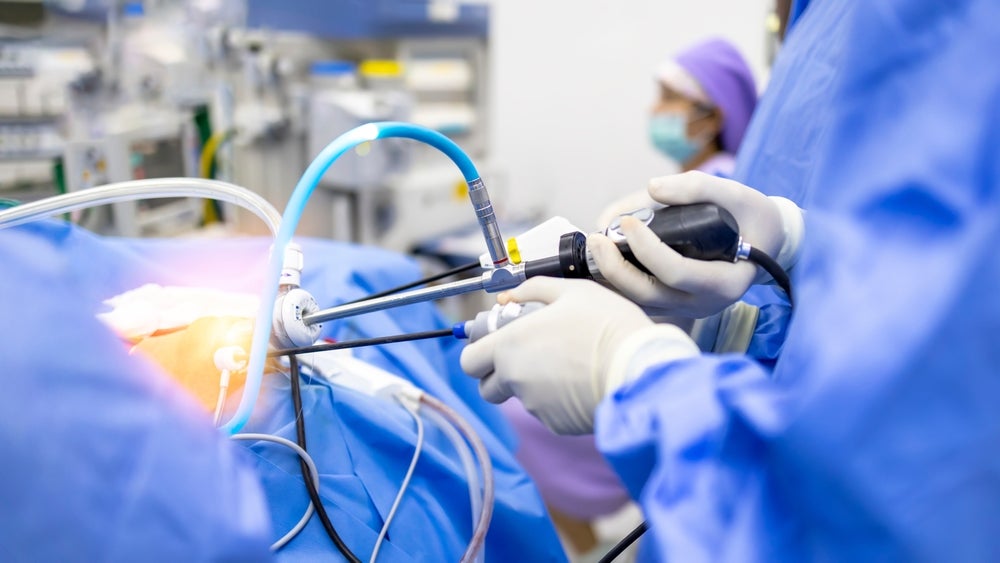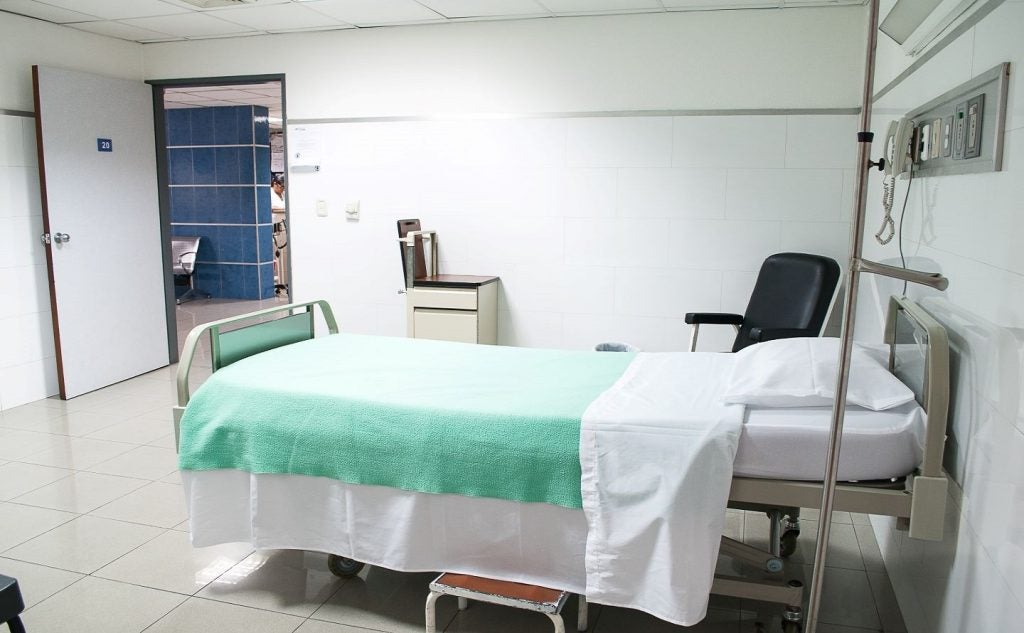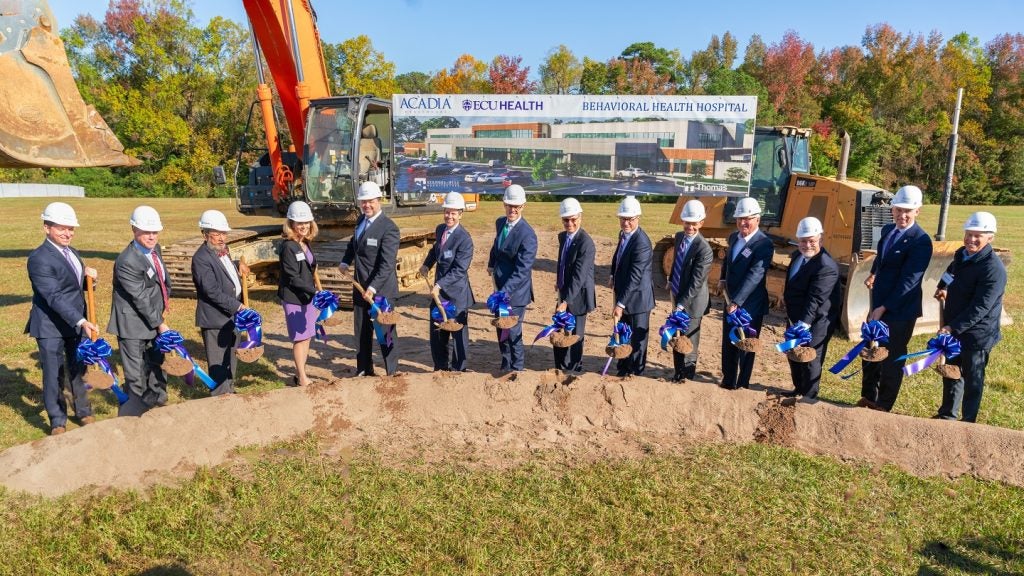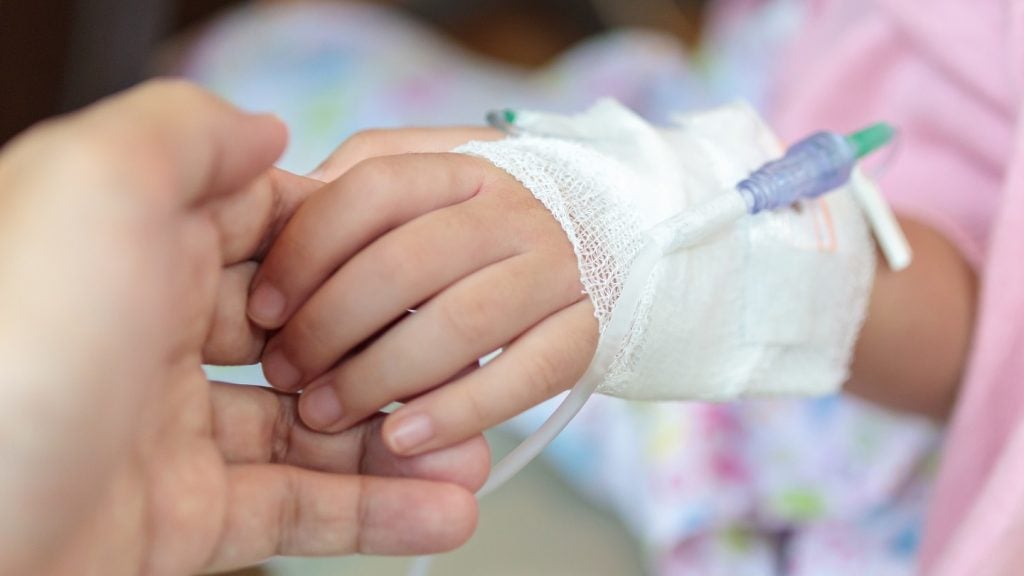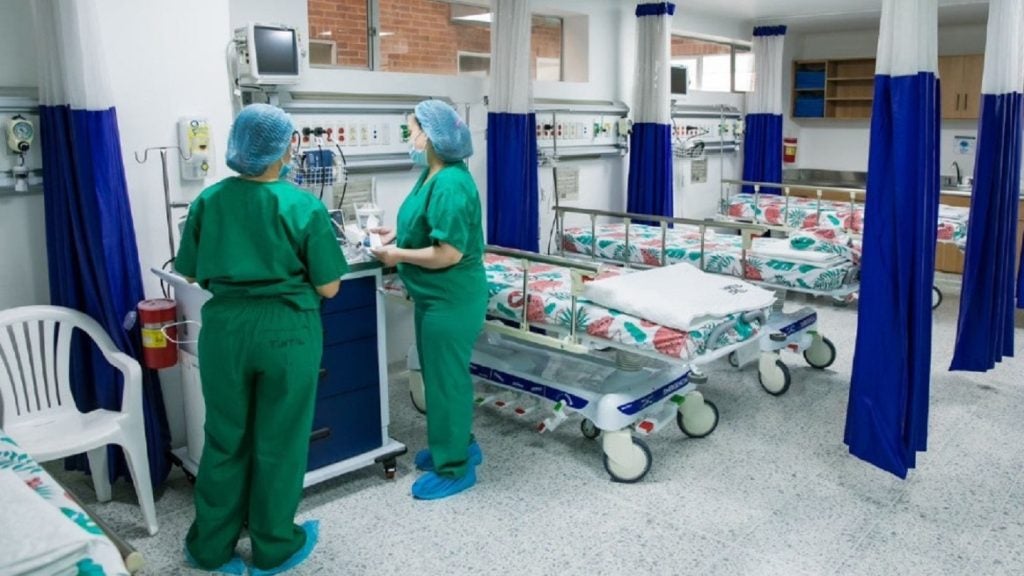
Great Ormond Street Hospital (GOSH) has been granted permission by the UK’s Medicines and Healthcare Products Regulatory Agency (MHRA) to manufacture viral vectors used in cell and gene therapy (CGT) clinical trials, amid an international shortage.
The children’s hospital has been granted a manufacturer’s authorisation licence to manufacture viral vectors, often used to genetically modify human cells to create novel therapeutics, in partnership with specialist contract development and manufacturing organisation ViroCell Biologics.
ViroCell has said that a lack of experienced capacity in viral vector supply, both in the UK and globally, has led to a shortage of lentivirus and gamma-retro viral vectors in the CGT market, which is set to be relived by an influx of viral vectors produced by GOSH’s London based Zayed Centre for Research.
ViroCell CEO John Hadden said: “Addressing the global viral vector supply/demand imbalance is a top priority for Team ViroCell as the scarcity of high-quality viral vectors has constrained the ability of innovators to manufacture their novel cell and gene therapies.
“This approval is an exciting milestone for ViroCell and GOSH, which should catalyse our next phase of growth as we unlock ViroCell’s full potential as the partner of choice for cell and gene therapy companies demanding precision-engineered viral vectors produced to GMP standards.”
GlobalData’s Pharmaceutical Intelligence Centre details that most pipeline cell and gene therapies are in the preclinical stage, with the next largest group being in discovery. One-quarter of these therapies are being designed to treat different forms of cancer, followed by diseases affecting the central nervous system and ophthalmic conditions.
Claire Booth, professor in gene therapy and paediatric immunology at GOSH said: “With our state-of-the-art facility and ViroCell’s international network of collaborators, vectors for both UK and global projects can be manufactured at the Zayed Centre for Research, unclogging the industry-wide bottleneck, accelerating cell and gene therapy clinical trials and expanding the novel treatments that we can offer to our patients.”
Cell & Gene Therapy coverage on Clinical Trials Arena is supported by Cytiva. Editorial content is independently produced and follows the highest standards of journalistic integrity. Topic sponsors are not involved in the creation of editorial content.




